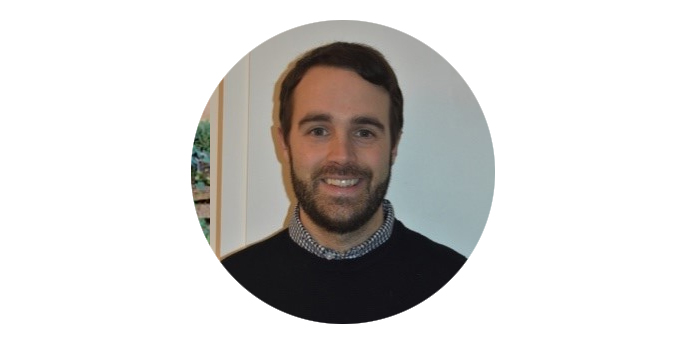Who are you a fellow for?
I hold a Sir Henry Dale Fellowship, which is jointly awarded by Wellcome and the Royal Society.
When did you start your fellowship?
October 2017.
What were you doing prior to your fellowship?
I did a PhD in infection immunology at the MRC Laboratory of Molecular Biology in Cambridge, then had a couple of PDRA positions, first in Leicester and then here in Liverpool. I had just started a tenure track position in my current department when I was awarded the Henry Dale.
Why did you choose to undertake your fellowship with the Faculty of Health and Life Sciences?
For lots of reasons. I had great collaborators here and access to expertise in techniques that I would be using for the first time during the fellowship. My research makes use of several state of the art facilities that we are fortunate to have on campus in Liverpool. Another major factor for me was how supportive the Institute of Infection, Veterinary and Ecological Sciences (IVES) had been of my career up to that point. I received mentorship and support for preparing the application and previous fellowship holders had gone on to tenured positions here, so I was confident that it would be a positive environment to work in. Beyond the work related reasons, I love the city of Liverpool and the North West and have family in the area. Those considerations are just as important when deciding where to go in your career.
How does the Wellcome Trust/Royal Society fund your work?
Generously, for which I am very grateful! They support my salary for 5 years and that of a full time PDRA. I have support for consumables, travel and equipment and a flexible funding allowance that affords me some flexibility if I decide to take my project into new areas.
What do you study/ what is the aim of your research?
My lab is interested in understanding the interactions that take place between bacterial pathogens and their hosts. We focus on pathogens of the respiratory tract and the project associated with my fellowship looks at how the airway environment shapes the evolution of Streptococcus pneumoniae. We use experimental evolution approaches to understand how pneumococcal virulence factors make differential contributions to infection processes in the upper vs the lower respiratory tract environment. This is important, as pneumococcal colonisation of the upper airways is typically asymptomatic, whilst lower airway infection can result in pneumonia or invasive disease. In the long term, we hope that identification of niche-specific virulence determinants will lead to new vaccines or therapeutics.
What inspired you to look at this field?
I have a longstanding interest in bacterial respiratory pathogens, which are responsible for significant global morbidity and mortality. This project started from an observation I made in the lab during my time as a PDRA, and developed through conversations with a number of inspirational colleagues both in IVES and elsewhere.
